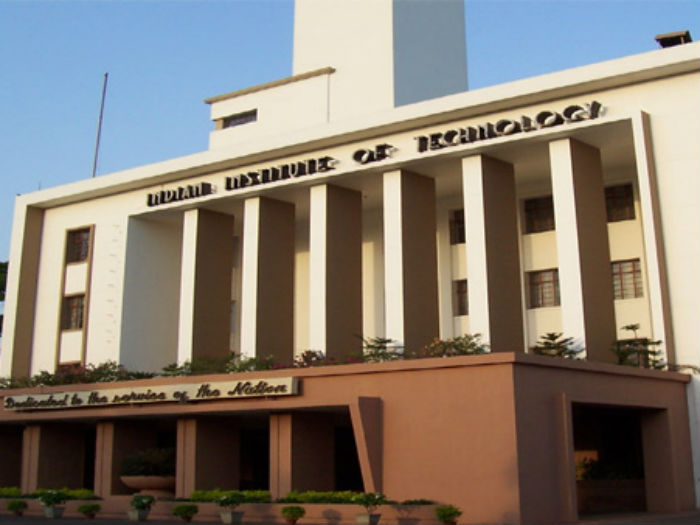- Home
- Medical news & Guidelines
- Anesthesiology
- Cardiology and CTVS
- Critical Care
- Dentistry
- Dermatology
- Diabetes and Endocrinology
- ENT
- Gastroenterology
- Medicine
- Nephrology
- Neurology
- Obstretics-Gynaecology
- Oncology
- Ophthalmology
- Orthopaedics
- Pediatrics-Neonatology
- Psychiatry
- Pulmonology
- Radiology
- Surgery
- Urology
- Laboratory Medicine
- Diet
- Nursing
- Paramedical
- Physiotherapy
- Health news
- Fact Check
- Bone Health Fact Check
- Brain Health Fact Check
- Cancer Related Fact Check
- Child Care Fact Check
- Dental and oral health fact check
- Diabetes and metabolic health fact check
- Diet and Nutrition Fact Check
- Eye and ENT Care Fact Check
- Fitness fact check
- Gut health fact check
- Heart health fact check
- Kidney health fact check
- Medical education fact check
- Men's health fact check
- Respiratory fact check
- Skin and hair care fact check
- Vaccine and Immunization fact check
- Women's health fact check
- AYUSH
- State News
- Andaman and Nicobar Islands
- Andhra Pradesh
- Arunachal Pradesh
- Assam
- Bihar
- Chandigarh
- Chattisgarh
- Dadra and Nagar Haveli
- Daman and Diu
- Delhi
- Goa
- Gujarat
- Haryana
- Himachal Pradesh
- Jammu & Kashmir
- Jharkhand
- Karnataka
- Kerala
- Ladakh
- Lakshadweep
- Madhya Pradesh
- Maharashtra
- Manipur
- Meghalaya
- Mizoram
- Nagaland
- Odisha
- Puducherry
- Punjab
- Rajasthan
- Sikkim
- Tamil Nadu
- Telangana
- Tripura
- Uttar Pradesh
- Uttrakhand
- West Bengal
- Medical Education
- Industry
IIT-Kharagpur New tech that helps doctors monitor patiently remotely

Kolkata: IIT-Kharagpur has come up with a life-saver technology that can be fitted in an ambulance to ensure remote monitoring of the condition of a patient by the doctors even before they reach the hospital.
This one-of-a-kind technology ‘AmbuSens’ has been developed in the SWAN lab of the Department of Computer Science and Engineering (CSE) at IIT-KGP, an IIT-KGP spokesman said. AmbuSens is capable of wireless monitoring of various physiological parameters like ECG, heart-rate, temperature and blood-pressure, utilising a unique mechanism (patent-filed) to preserve patient’s data confidentiality while simultaneously using the analytic and computing power of cloud computing.
This technology is several notches ahead of tele-medicine where the doctor can see the patients but do not have wireless real time monitoring of their health condition, the spokesman said. The web interface of the AmbuSens provides an easy-to-use graphical interface for doctors and paramedics alike, with data visualisation tools such as real-time ECG graph rendering. It can be accessed from internet-enabled laptops, tablets and smartphones, the spokesperson explained.
“There is no such technology at present that can help doctors at the hospital to continuously monitor the condition of the patient when the latter is on the move. This technology will be a boon for the referral patients who are transported from a hospital in remote area to a city hospital,” Principal Investigator for developing this system Prof Sudip Misra, Department of CSE, IIT-KGP, said when contacted.
The embedded system of AmbuSens currently leverages wireless on-body sensors, cellular (3G/4G) and wireless technologies (Wi-Fi) and cloud computing to achieve seamless real-time monitoring and management of patient data. In future the system can work even with irregular net connection, the spokesman claimed.
The referred hospital, the referee hospital as well as the ambulance will all have laptops or tablets with internet connection. The patient will be fitted with wireless body sensors, which will aid doctors of both referred and referee hospitals to continuously monitor real-time the health condition of the ambulance-borne patients. “We conducted successful field trials of the developed system at All India institute of Medical Sciences (AIIMS), Bhubaneswar and BC Roy technological hospital (BCRTH), IIT-Kharagpur,” Misra said.
“The trials were conducted on patients admitted to ICU, cardiac unit and patients coming for normal health check-up (OPD), in the age group of 10-70 years, with 20-30 minute duration each,” Prof Misra said.


